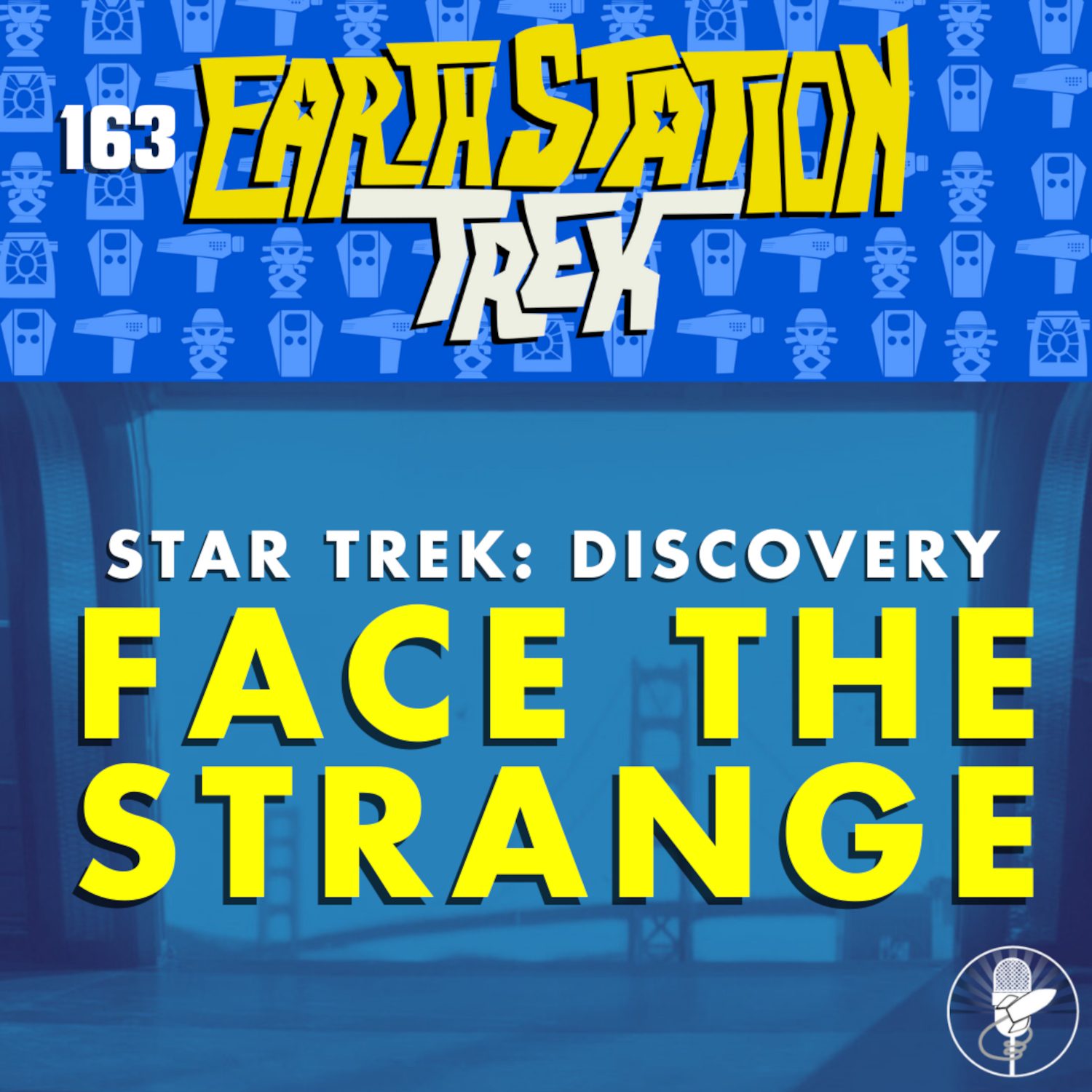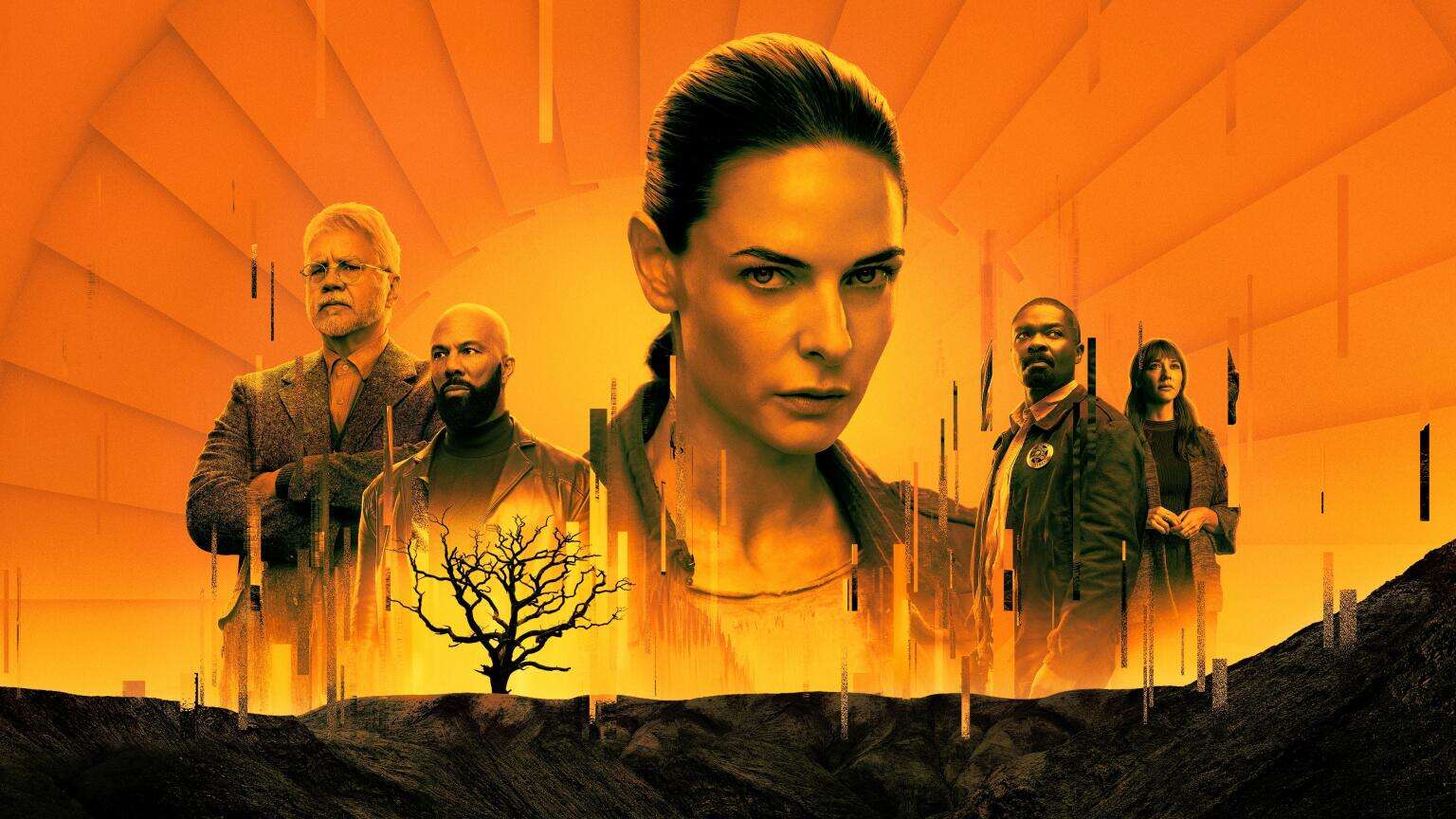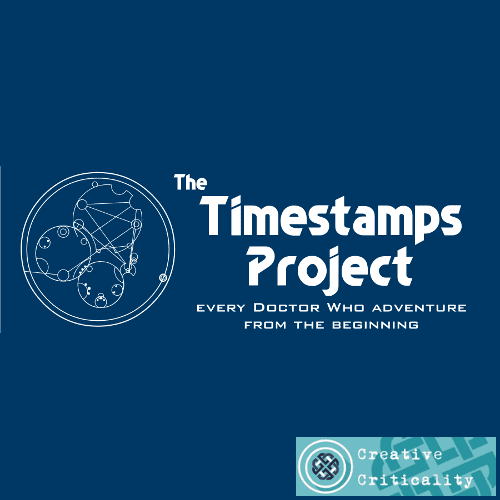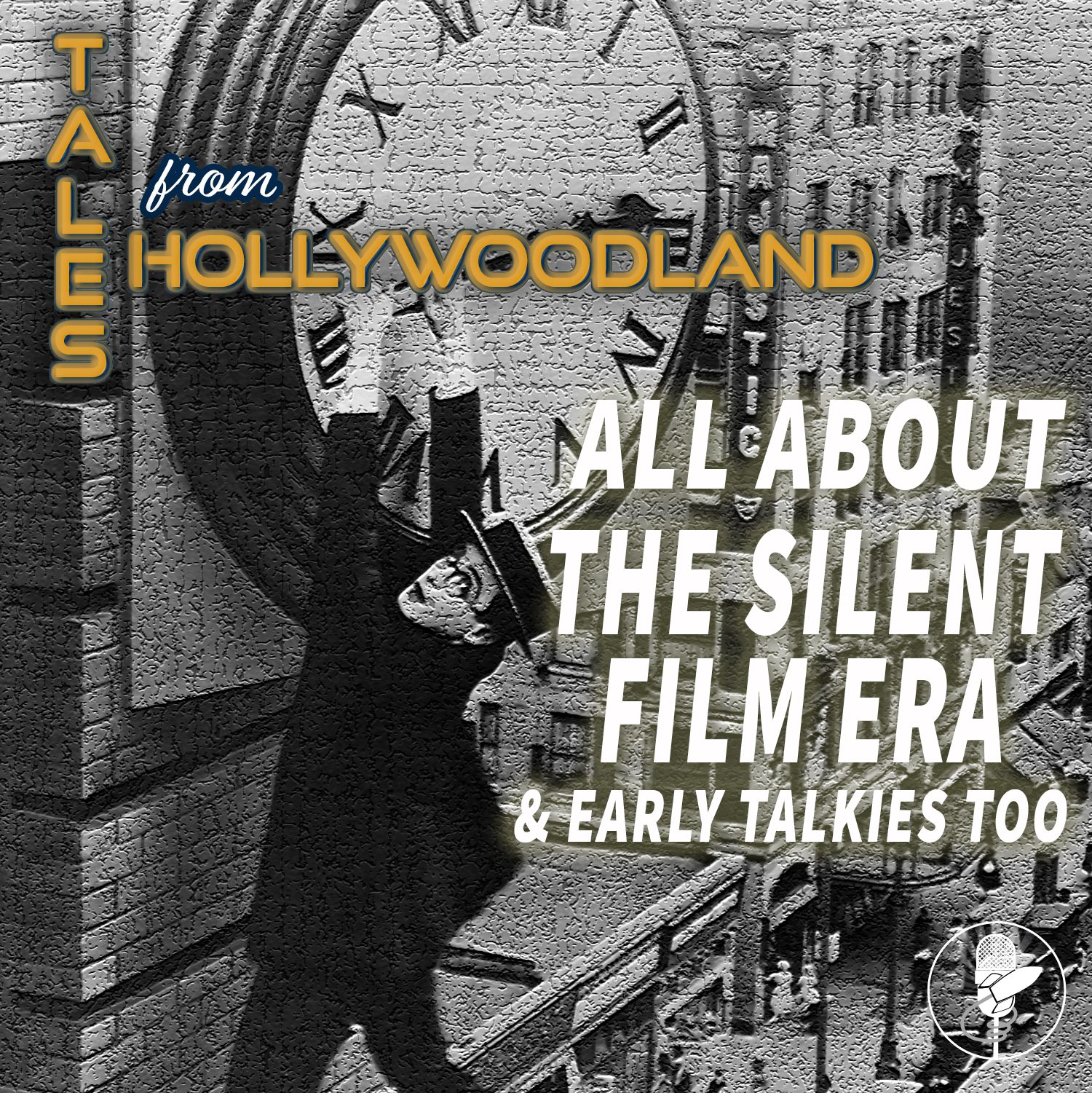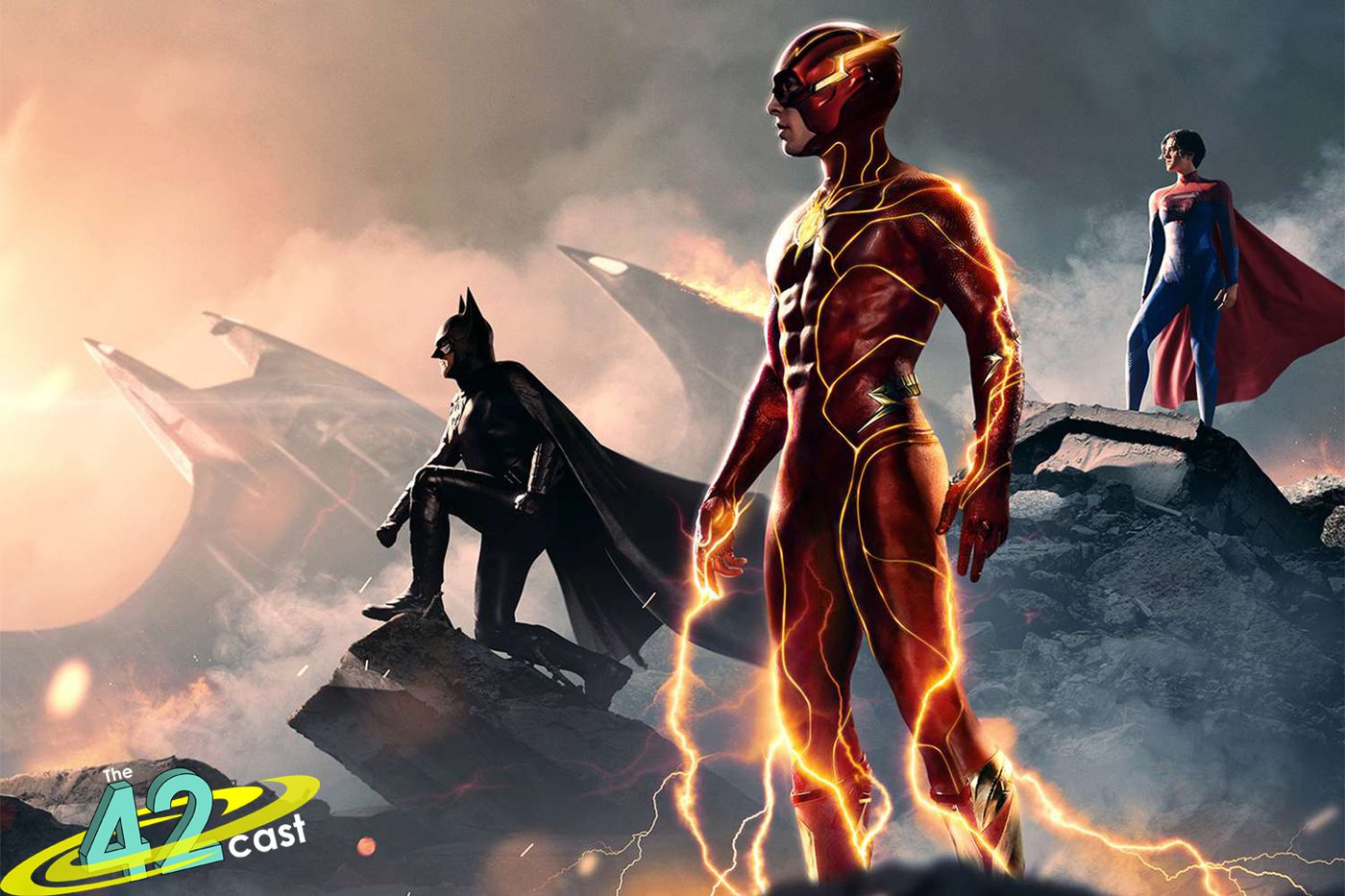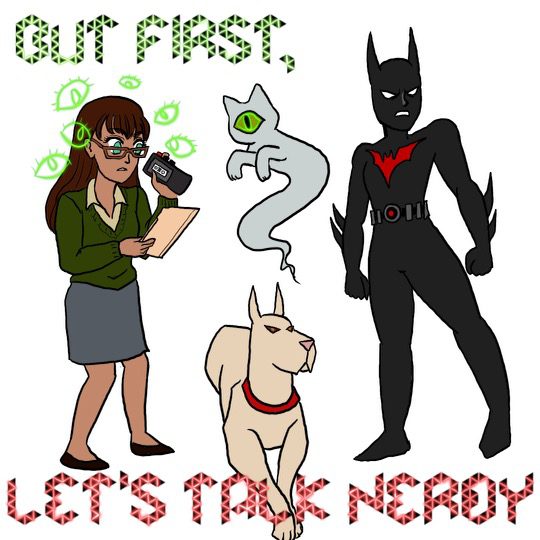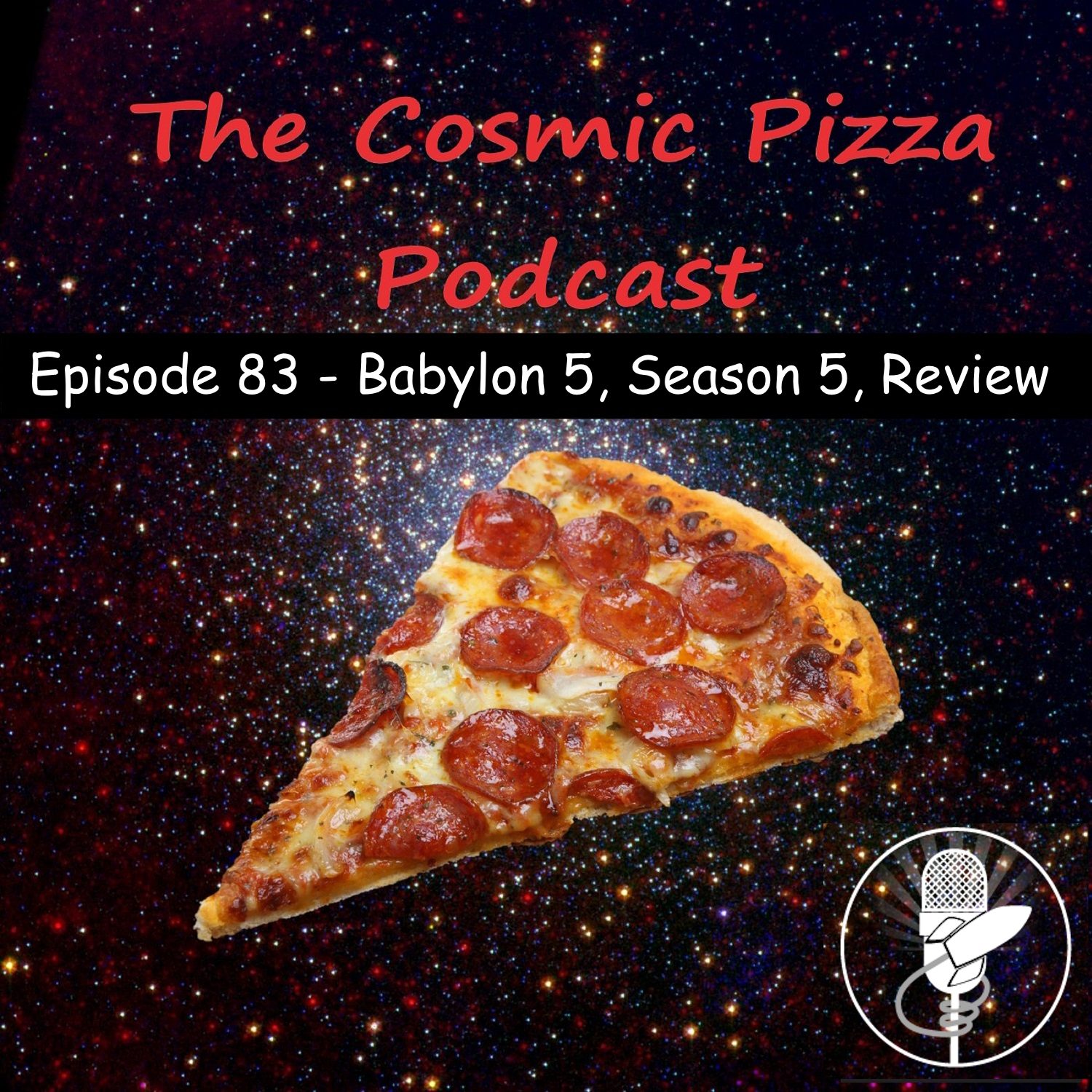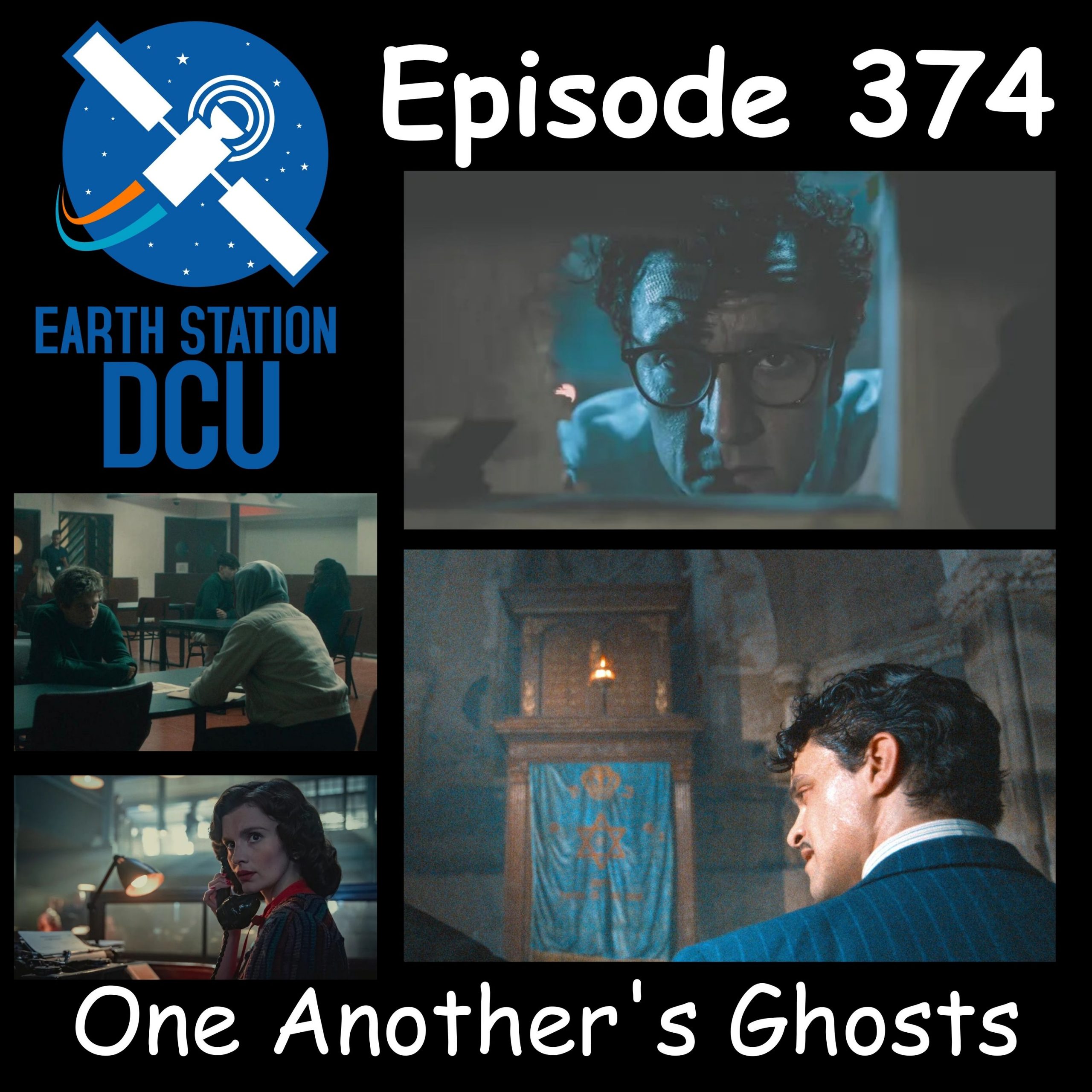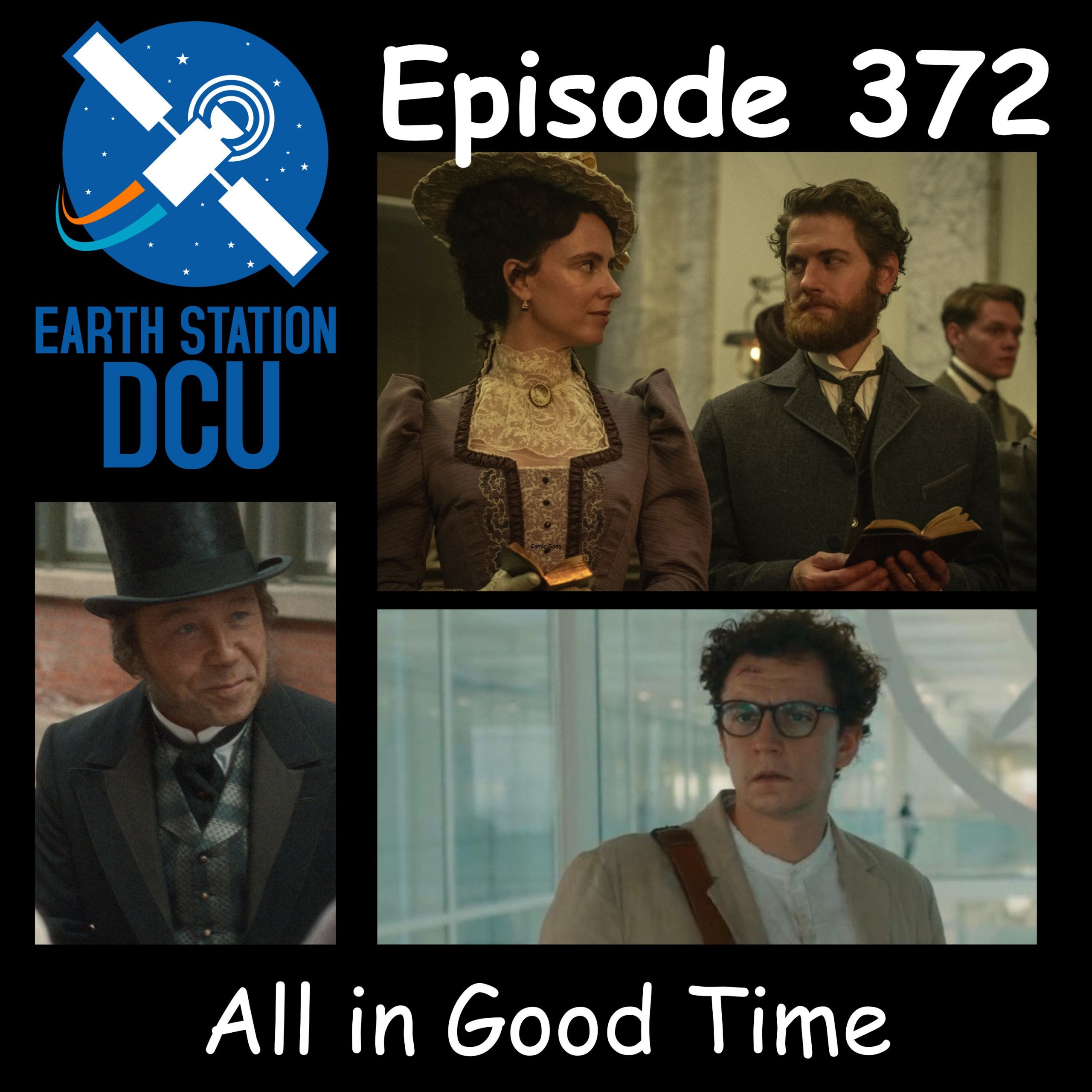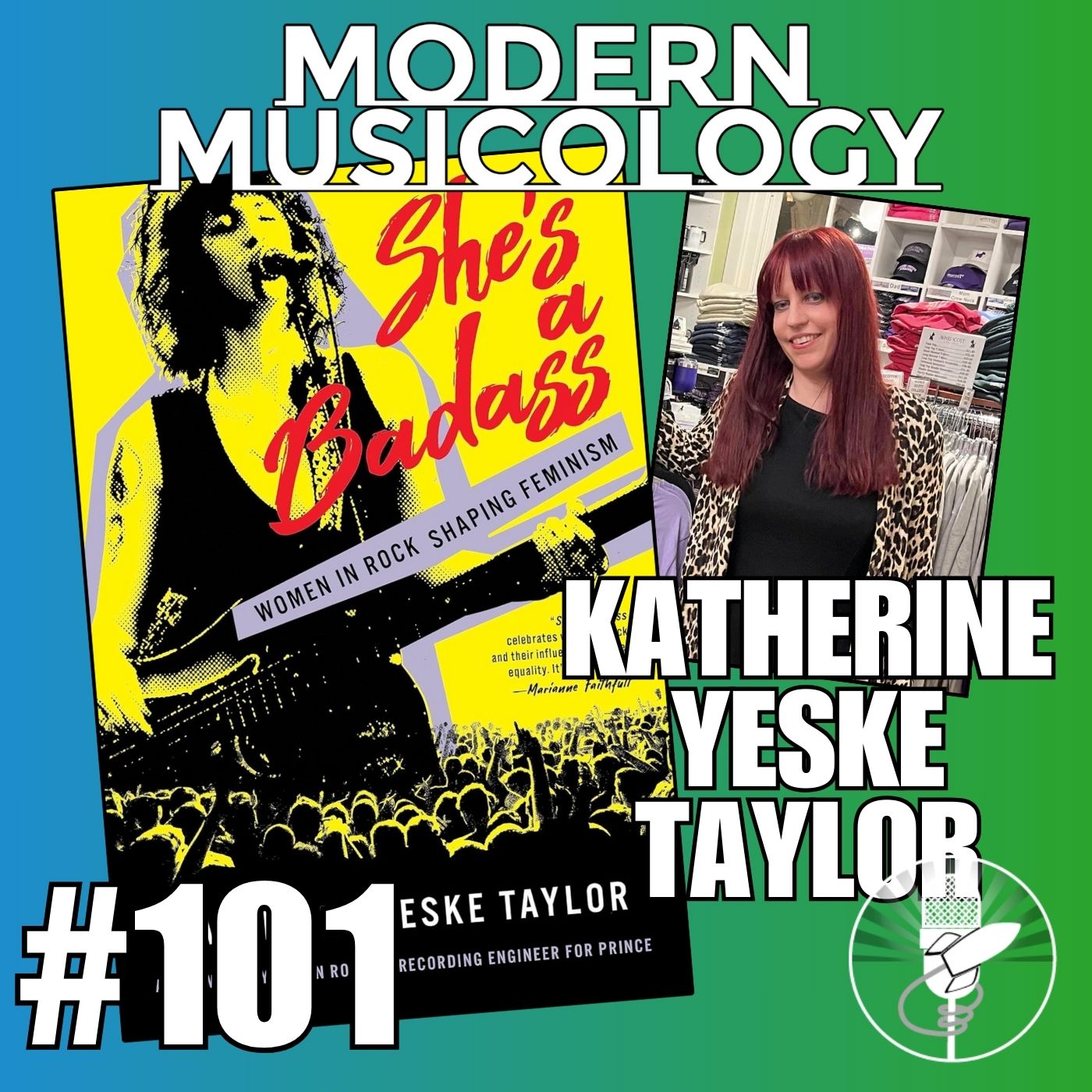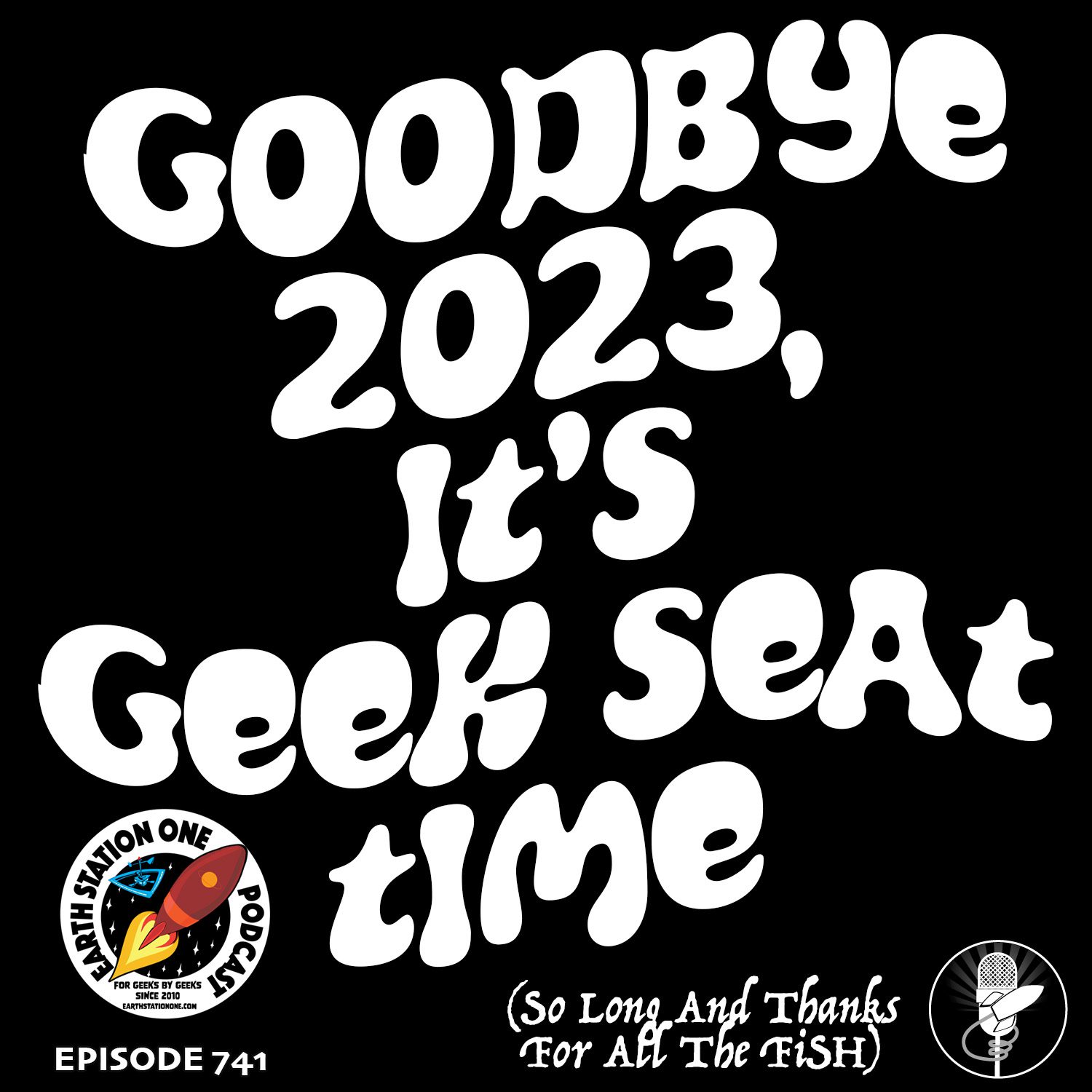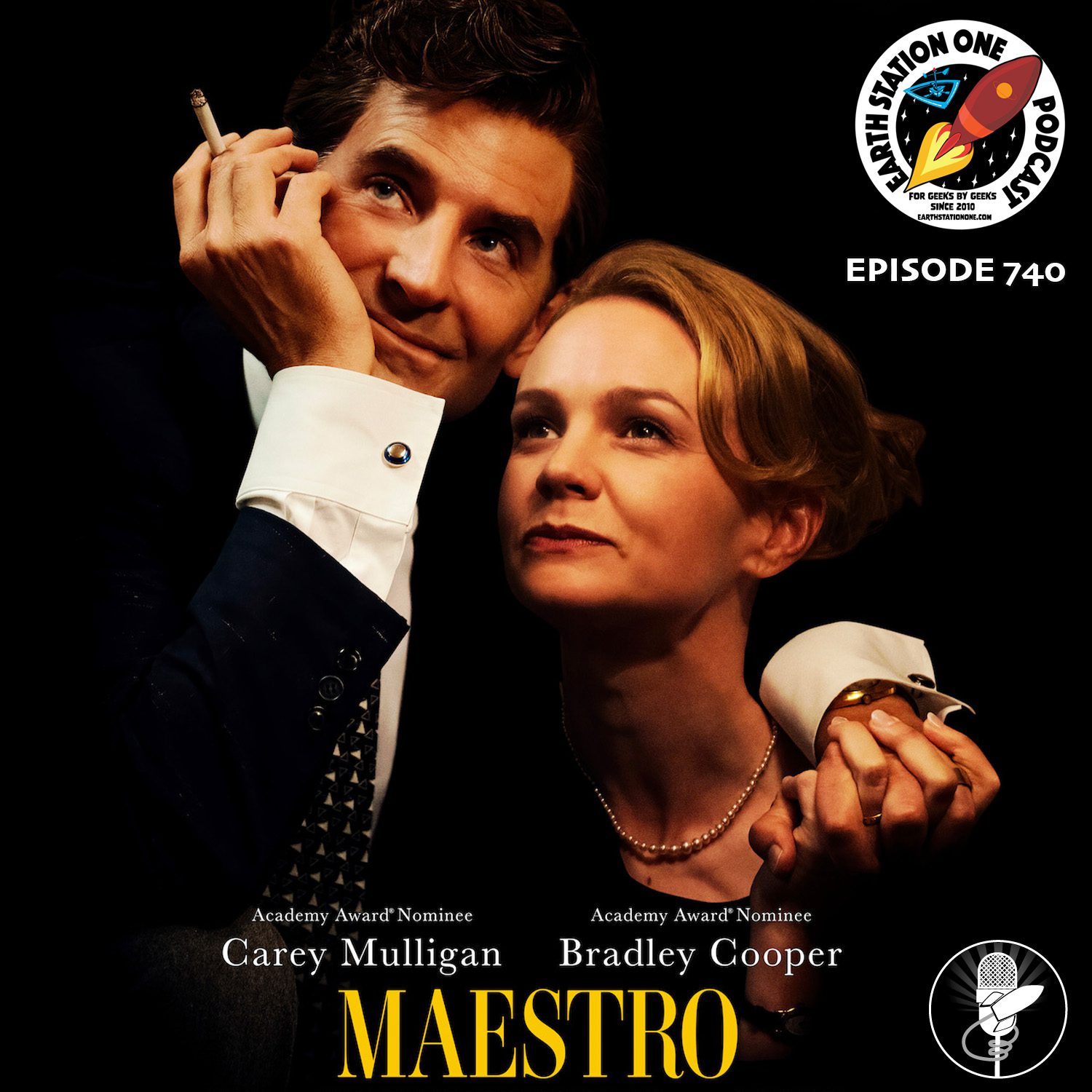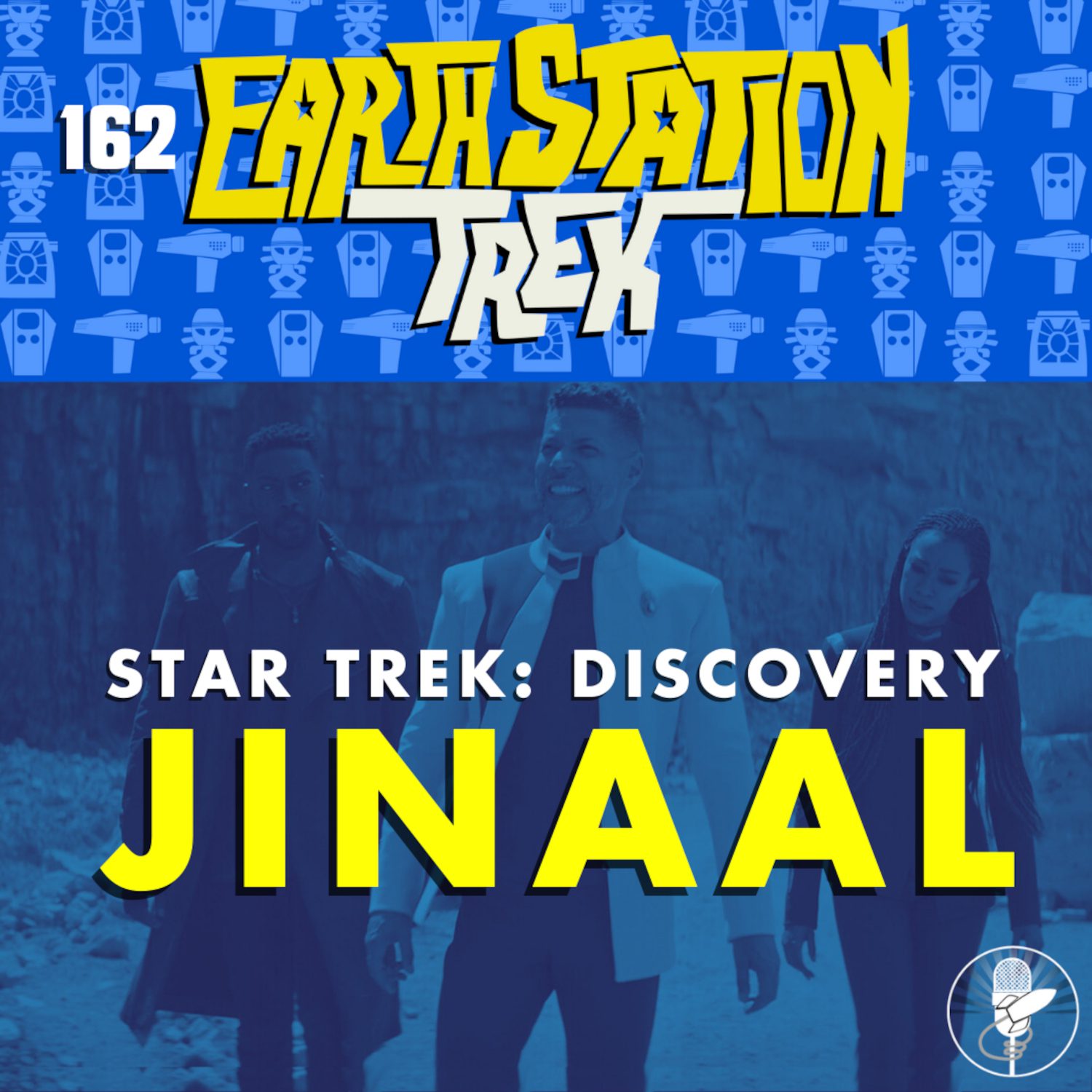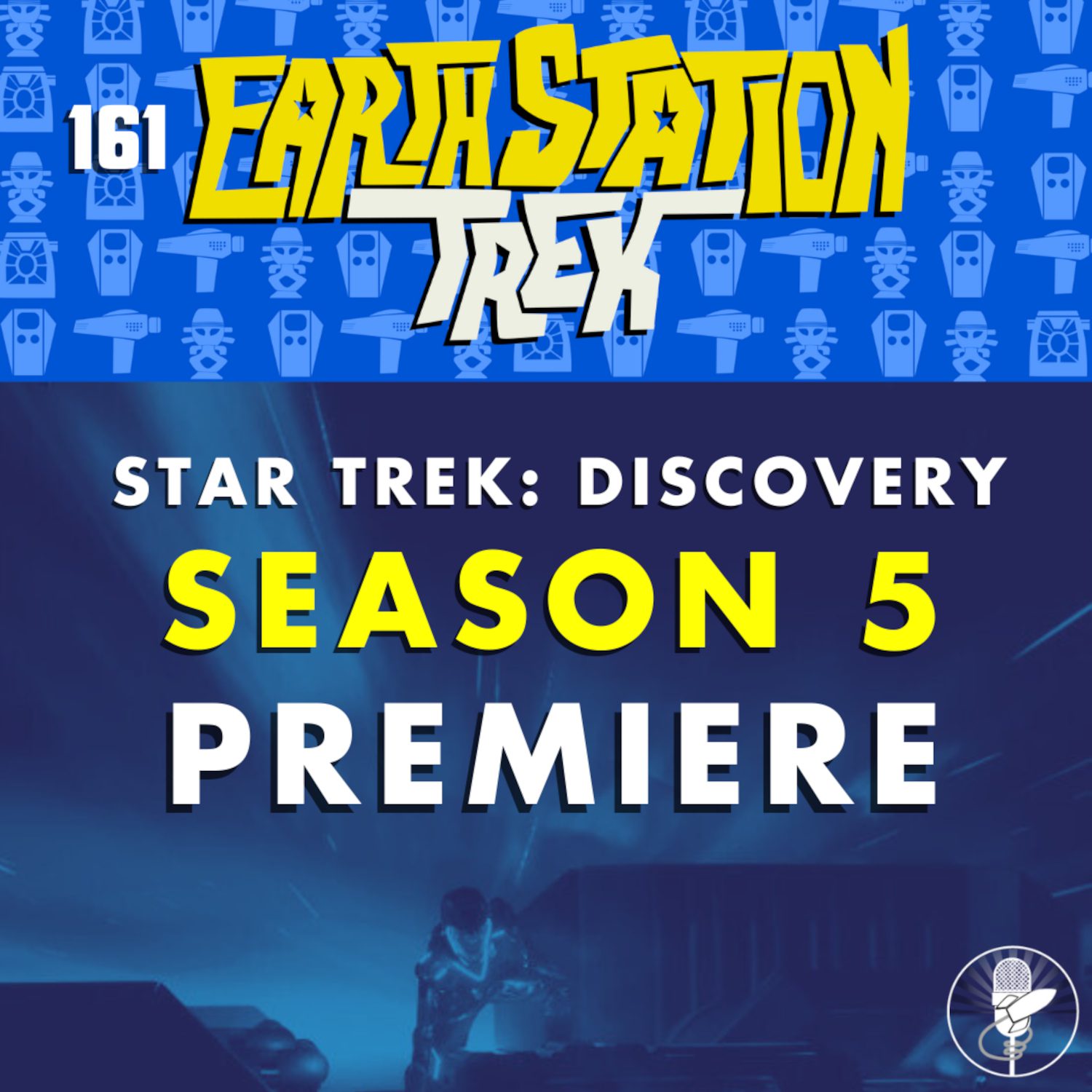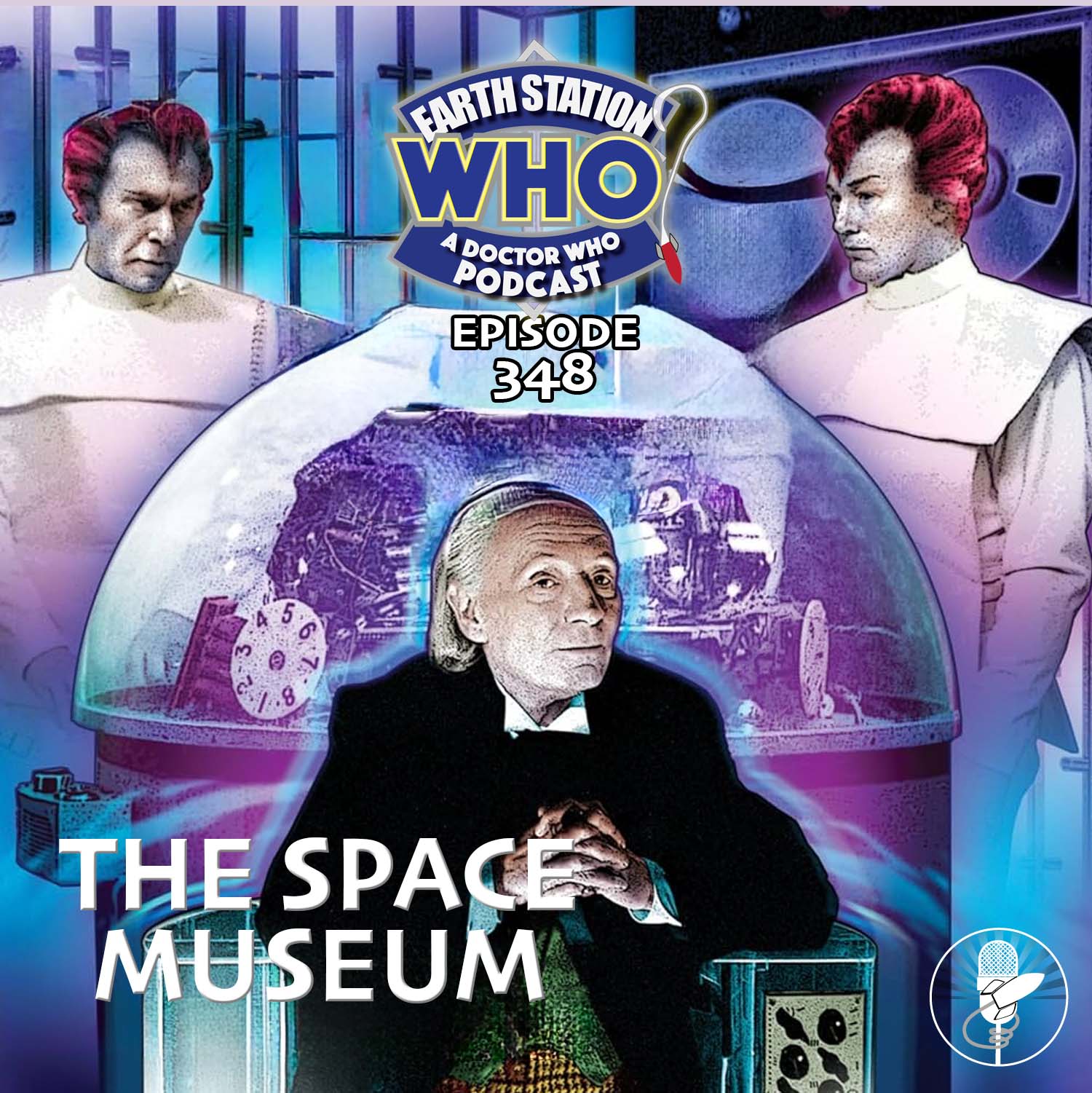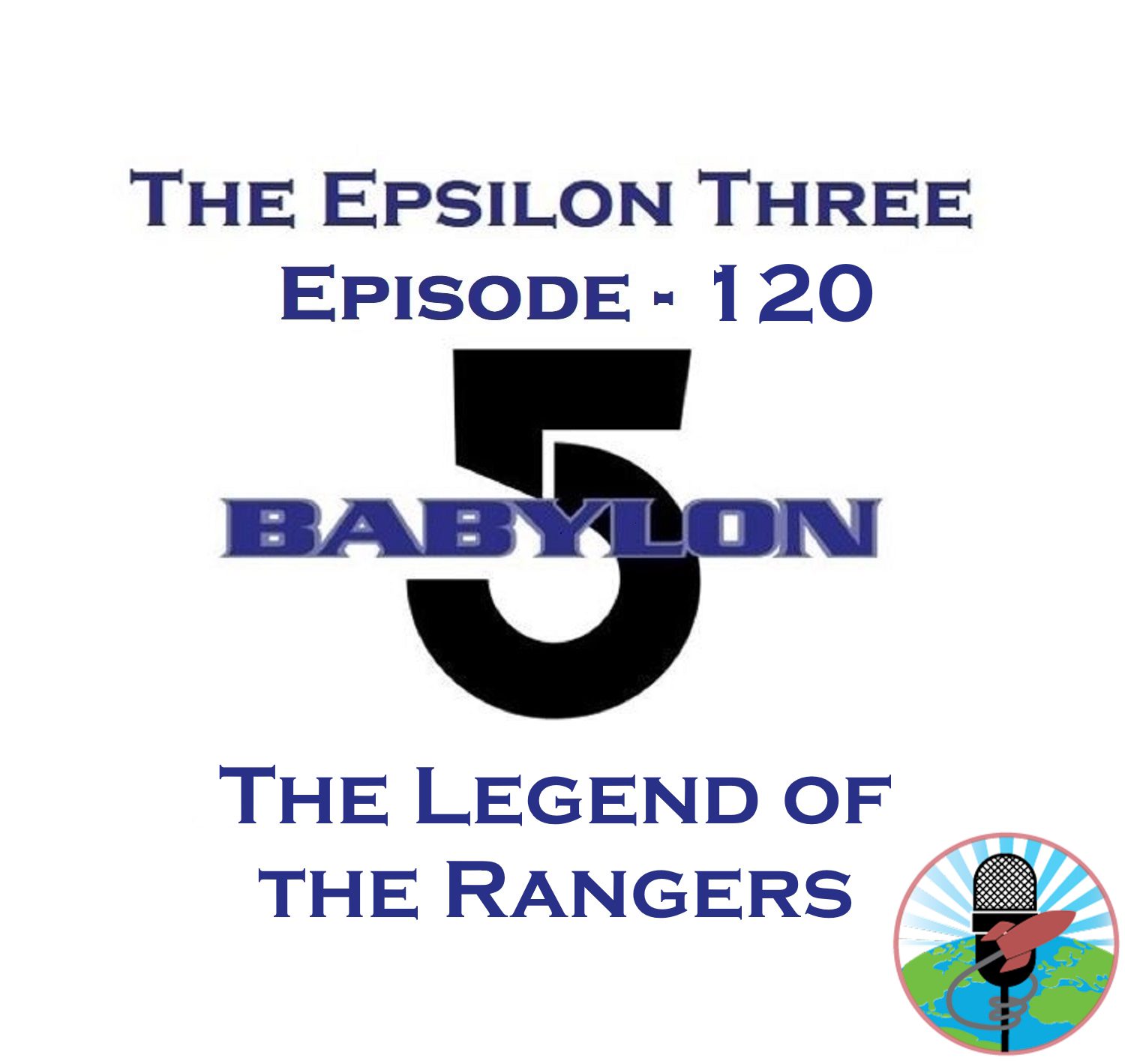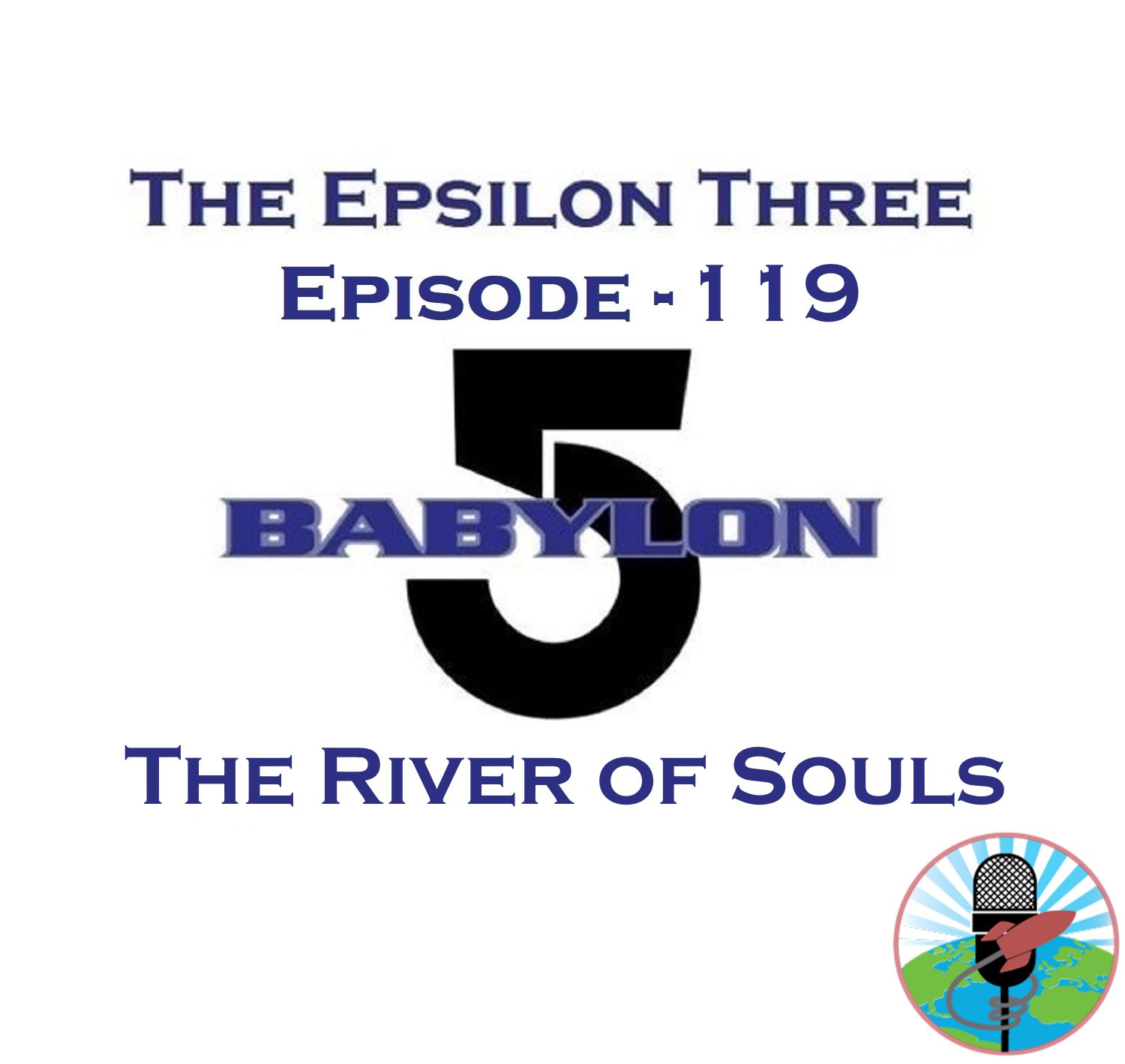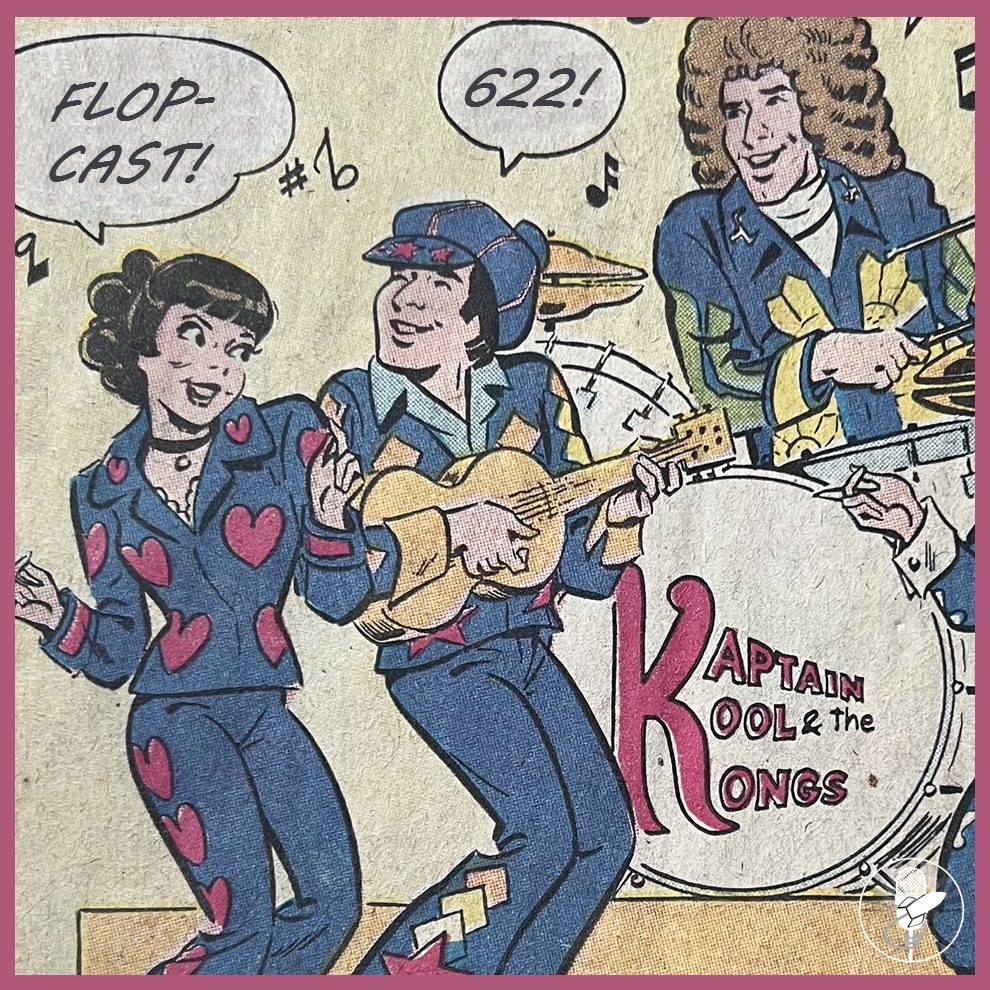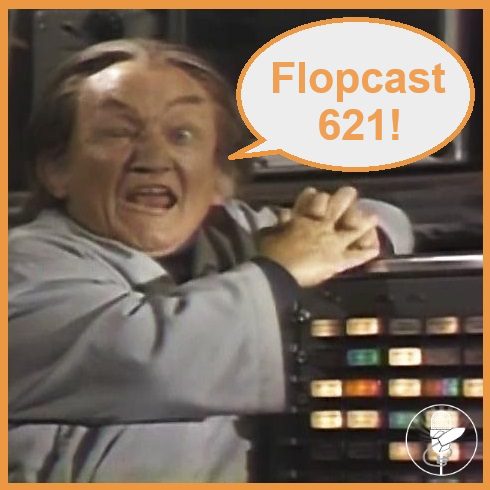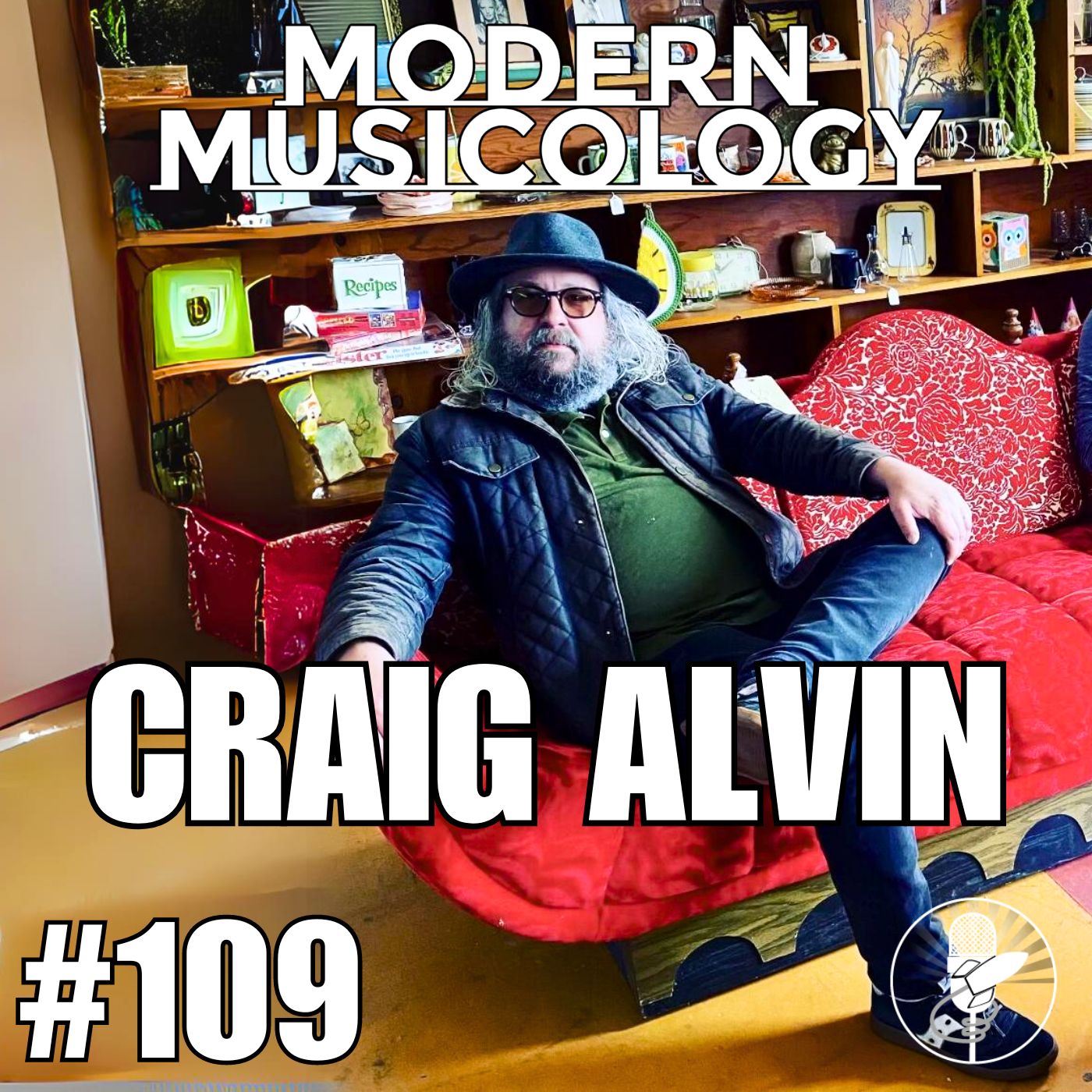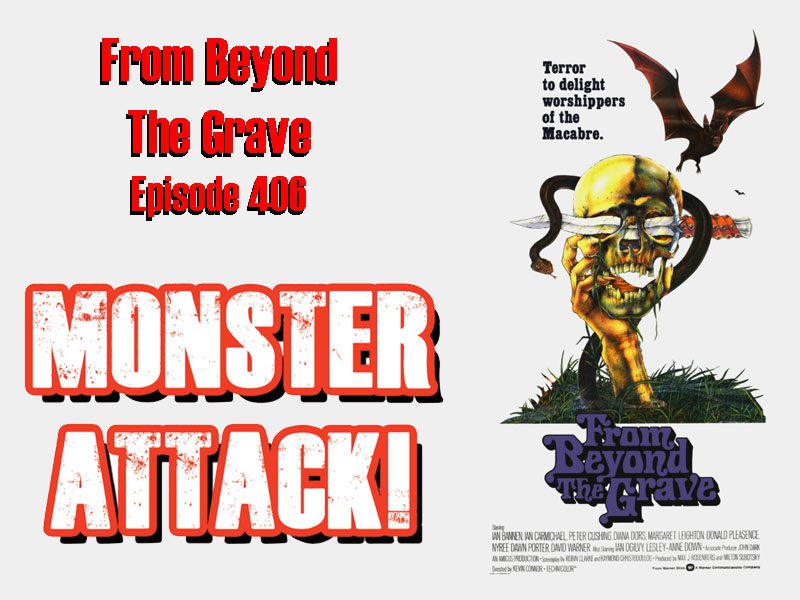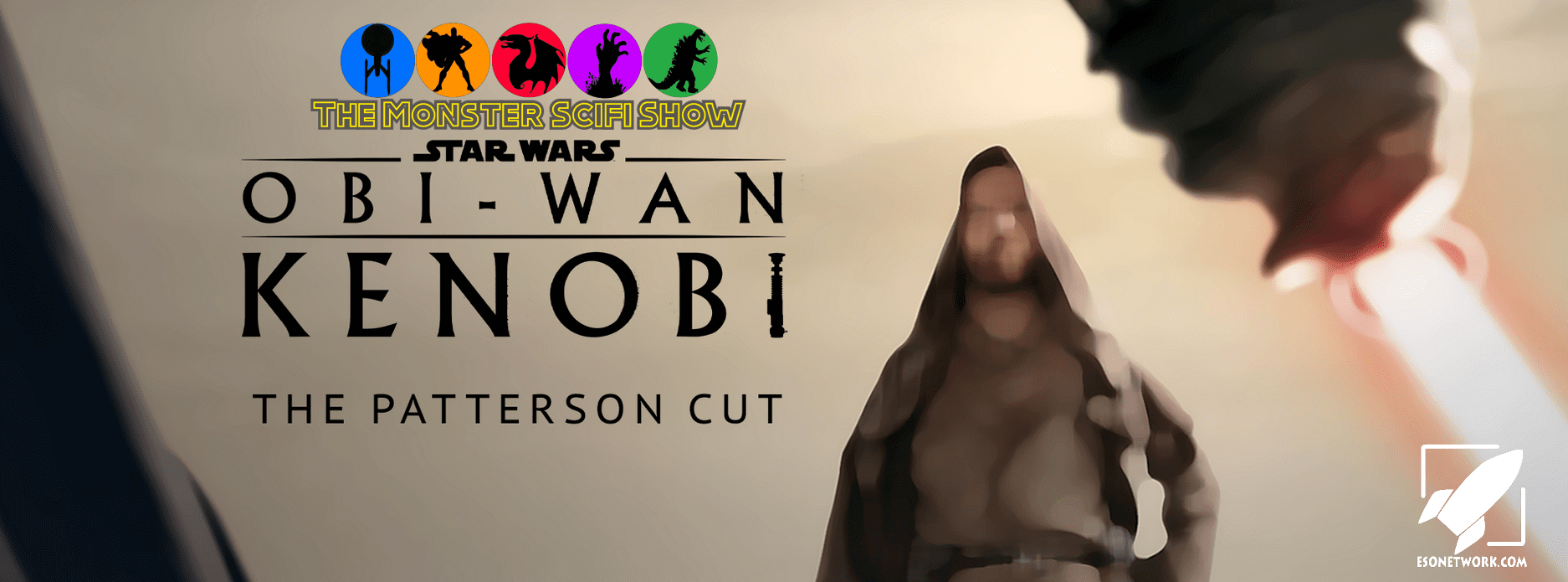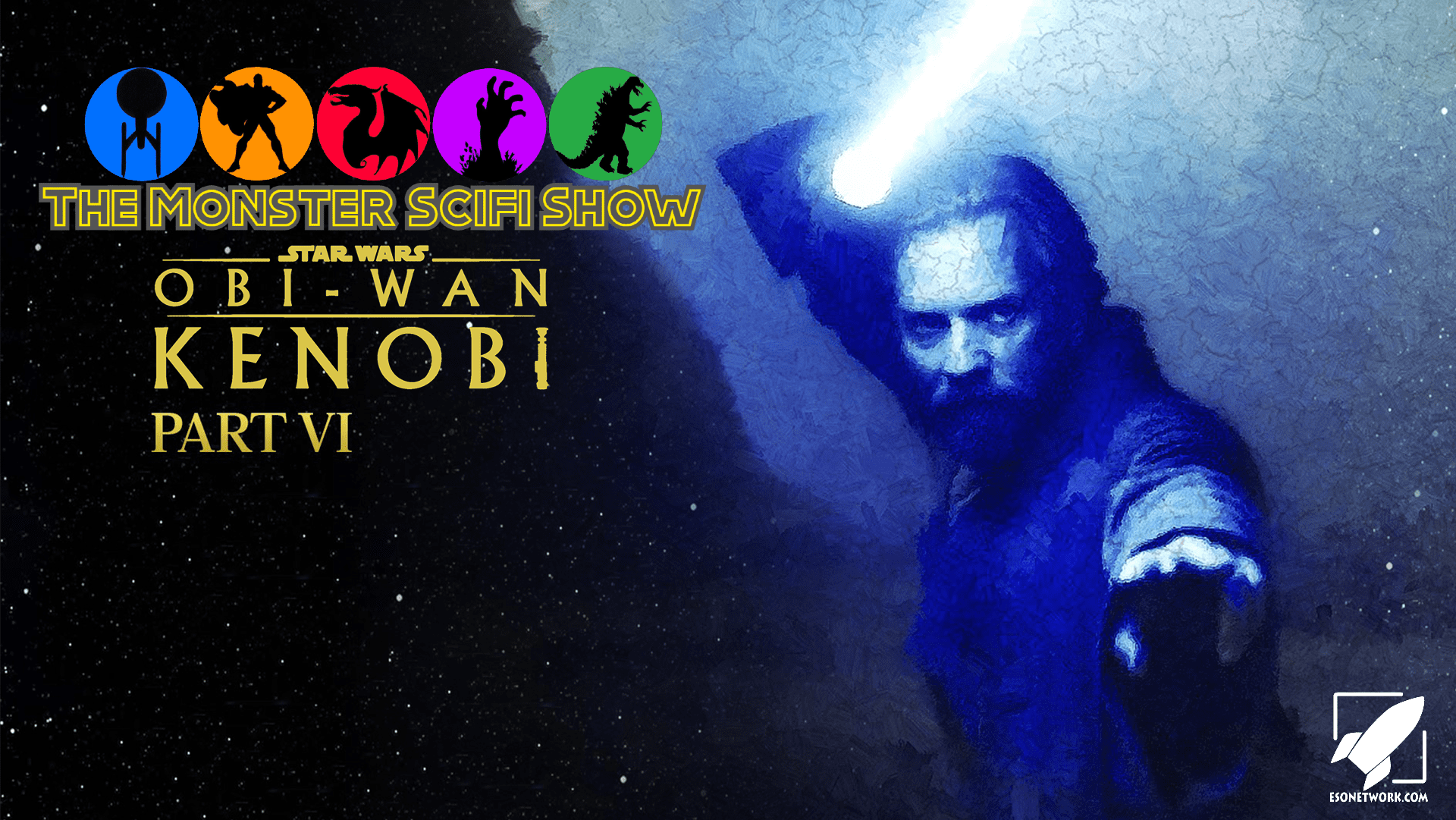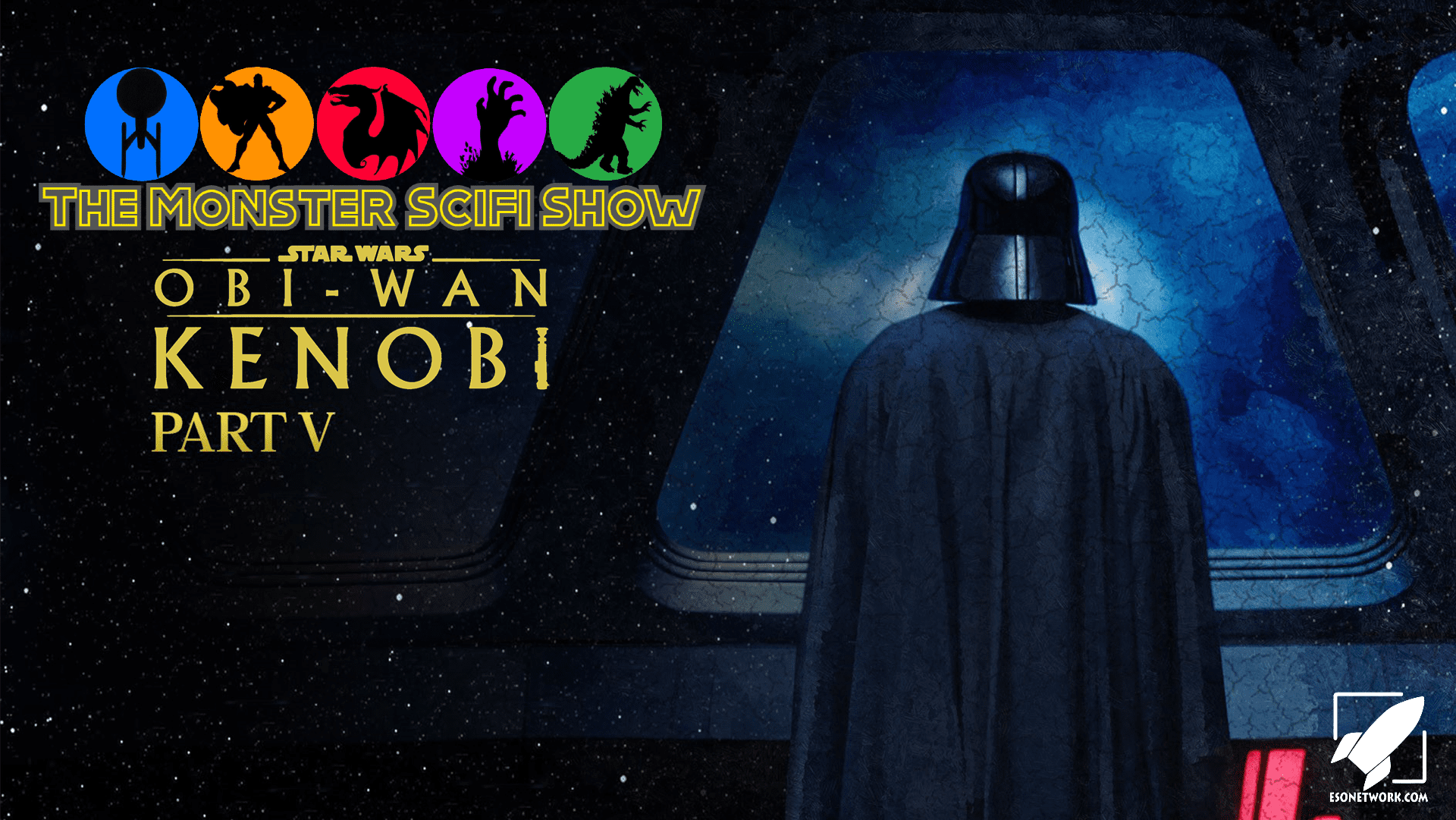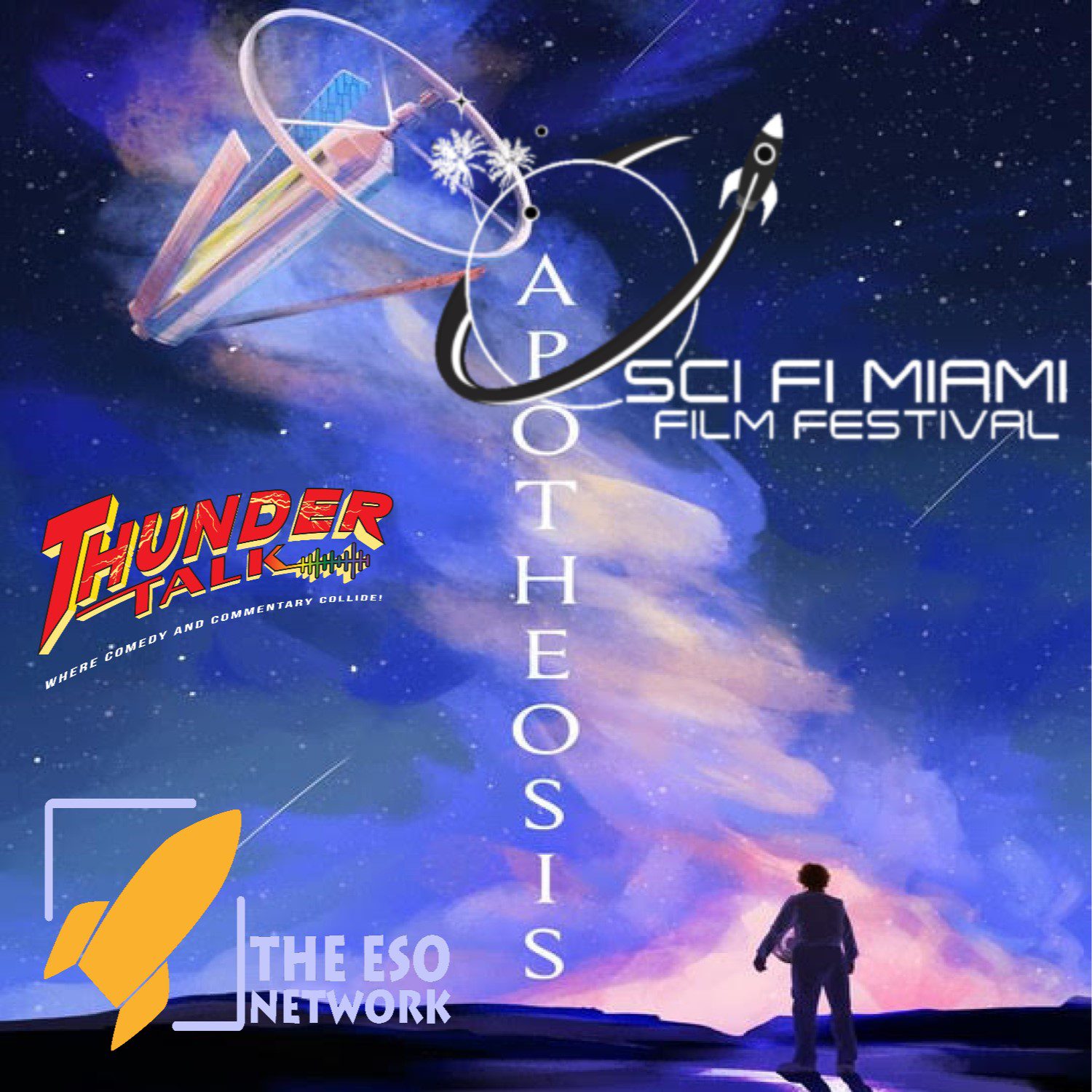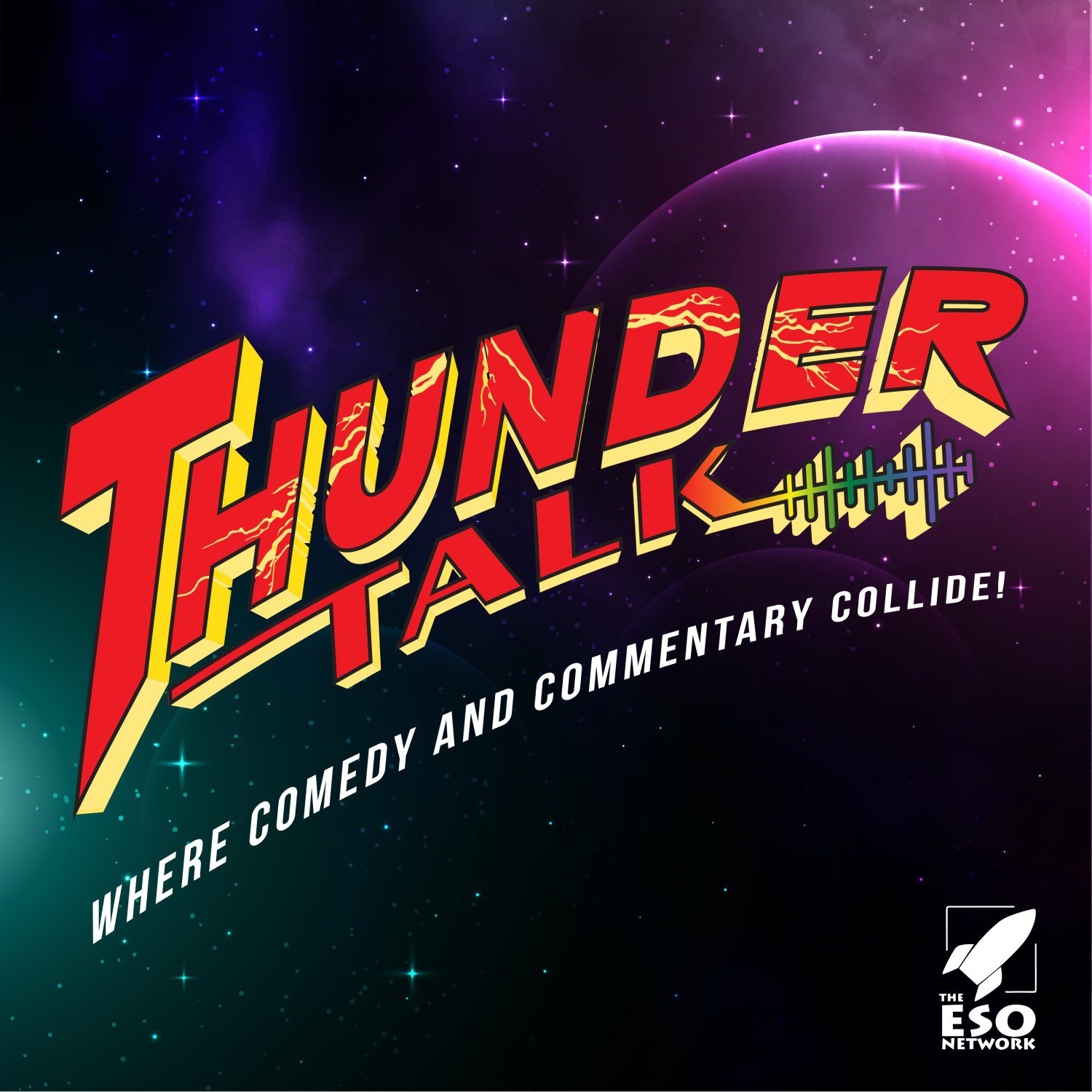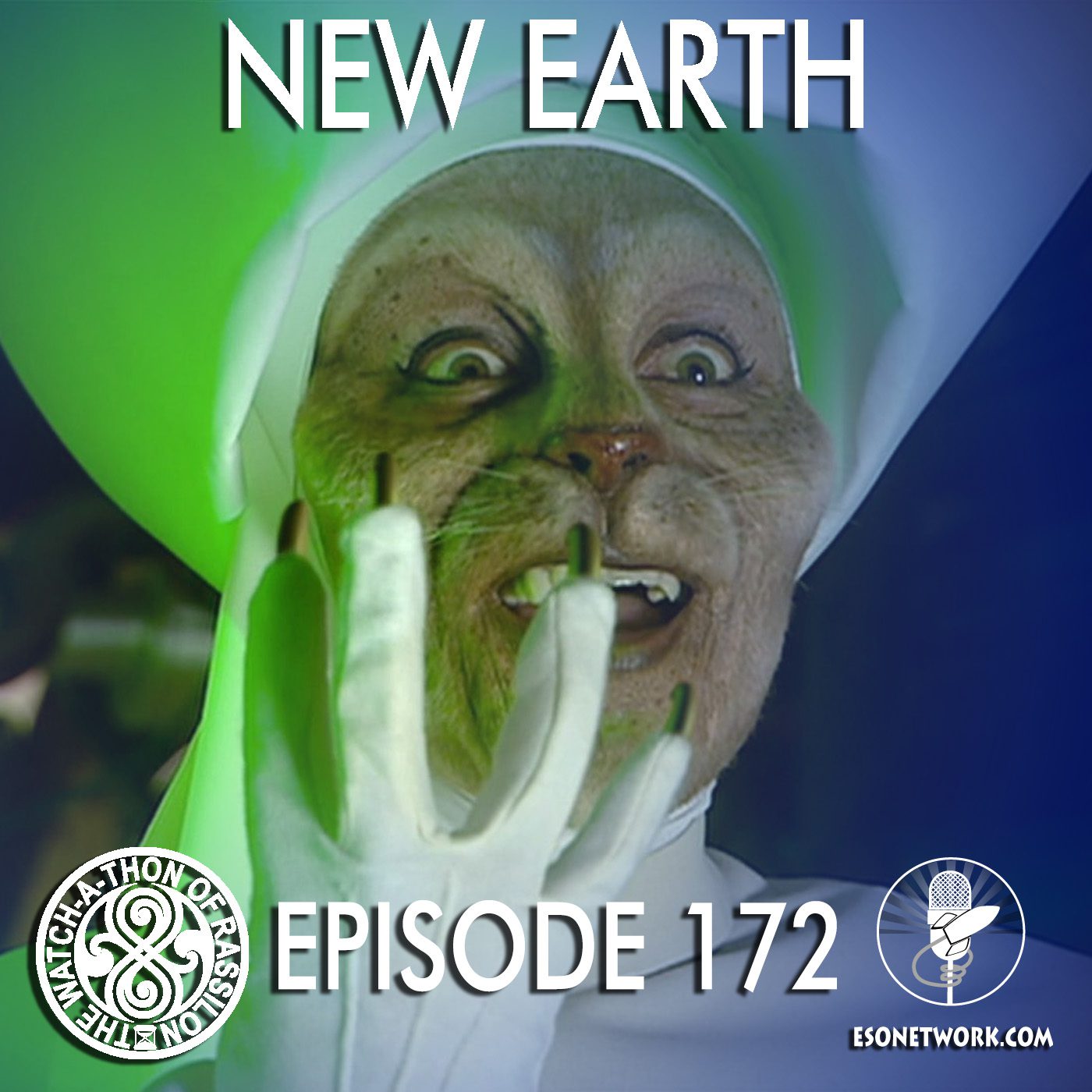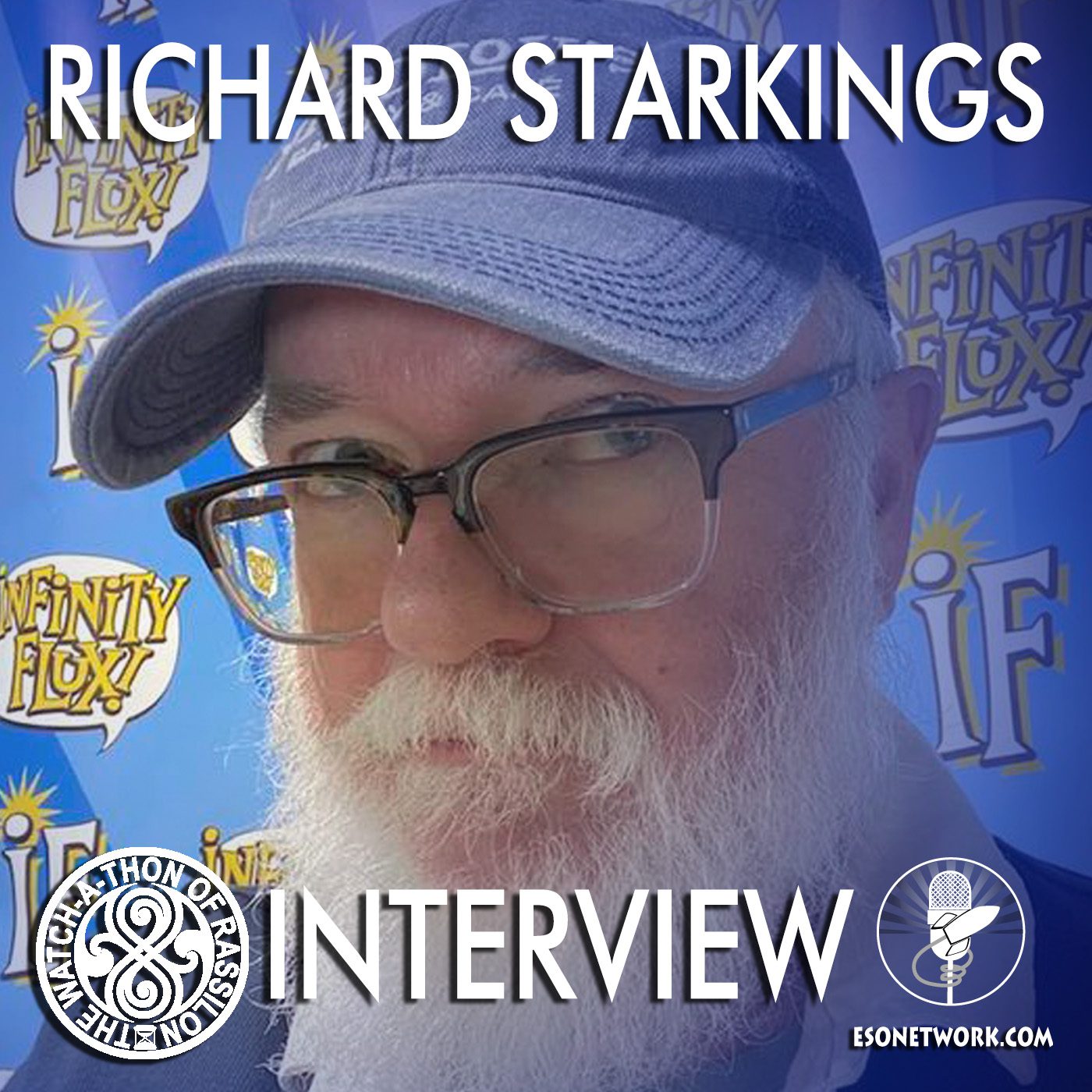 Blurb: The year is 1770, and daring explorer Captain James Cook and his crew on the Endeavour are navigating the Pacific Ocean.
Blurb: The year is 1770, and daring explorer Captain James Cook and his crew on the Endeavour are navigating the Pacific Ocean.
Into their midst come strangers: the Doctor and Ian Chesterton, who are believed to have come from Venus. But the TARDIS is lost to them – along with both Susan and Barbara – and Ian makes an enemy of the ship’s chief scientist, Joseph Banks.
Why is Banks acting strangely? Could it be that the travelers are not the only visitors from the stars?
Review: When Doctor Who was first created, it had a mandate to educate and entertain the British public. This was satisfied by doing alternating stories with historical or science-fiction plots. The former would teach about history while the latter would include some scientific facts to teach the viewers about science. Set between the television stories The Sensorites and The Reign of Terror, The Transit of Venus manages to feel like the kind of story that would have been commissioned in that era of the program. In the hands of veteran writer Jacqueline Rayner, however, the educational aspects are woven into a psychological story of loss and guilt that make the educational elements more subtle yet also more important to the overall development of the plot.
One of the things that really sticks out about this story is the quality of the production. This is William Russell at the height of his powers. While he had reprised the role of Ian for a few audiobook readings of some Doctor Who novelizations over the years as well as for an introduction to the VHS release of The Crusade, this is Russell’s first time really diving back into the character that he made famous back in 1963. At the age of 85, Russell puts up a masterful performance as Ian the old man recounting his tale of traveling with the Doctor; Ian the younger man within the story, sick with worry and desperate to save Barbara; the Doctor; Captain Cook; and assorted sailors. Russell draws a clear line between his performance of Ian as an older man relating the story and that of the younger man capturing the energy of the Ian Chesterton that could be seen onscreen in those early adventures. When it’s time to play on Ian’s paranoia and fear the emotion is conveyed with skill, disturbing the listener and tugging at the heartstrings as one realizes the depth of Ian’s longing for Barbara. His Doctor is also a fantastic performance, capturing all of the essential elements of William Hartnell’s performance while in no way aping it. It feels like someone telling a story and saying the lines of a close friend “in character,” which fits in with the Companion Chronicle format as well as being completely understandable and realistic for Chesterton. For Cook and the sailors, Russell’s performance is so good that some commentators on internet forums have been surprised to learn that only two actors were on this CD, because those characters don’t sound like they were performed by the same man.
Rounding out the cast, Ian Hallard plays Joseph Banks, the character who Ian interacts with the most throughout the story. Hallard does a convincing job of playing Banks as a courteous gentleman, but also as a man who is stubborn and a little detached, believing that the pursuit of science is an end unto itself. When required to play Banks strangely, he makes his voice either manic or haunted, making him a disturbing figure and distancing him from the sympathies of the audience. It’s a great way to distance Banks in the mind of the audience and fitting since the story is told from Ian’s point of view.
In addition to the performances, the soundscape in this story is rich. For a story about sailing there’s a plethora of sounds from the creaking of a boat to the sounds of sea birds, and surf. At other times there are the calls of sailors, flooding, and the sounds of a boat straining while being caught on a reef. Unusually for a Big Finish story, the music is somewhat sparse, but enhances the story when present, as do the sound effects.
One of the real joys of listening to this story is that Jacqueline Rayner gets that this is a Companion Chronicle. So many of the writers for the range want it to be any old adventure story told from the point of view of one of the Doctor’s companions. The Transit of Venus, though, is a story that could only be told by Ian and only during this period of the series. Ian’s loss, grief, uncertainty, and guilt are put front and center in the story. Rayner also manages to work in his love of science and in a brief interlude has Ian explain why the pursuit of knowledge is as important as the knowledge itself. It’s a poignant and informative moment and speaks so much about Ian’s character. By setting up a unique scenario with Ian and the Doctor separated from Susan and Barbara, Rayner is also able to show the relationship between the two groups. Ian’s agony over Barbara’s loss is well depicted – surprising no one – but pleasing those fans who have always wanted to see the Ian and Barbara relationship developed further. Yet, even the Doctor is not immune and there’s a touching scene where Ian walks in on the Doctor and sees a tear falling, ostensibly because he’s thinking of Susan. Ian blinks and it’s gone, making Ian wonder if he saw it at all, something that seems completely in character with the stern figure that Hartnell’s Doctor often conveyed. Yet, Rayner also understands the Doctor’s depth. He alternates between trying to create rational answers to abate Ian’s increasing paranoia, looking after and taking care of Ian in his moments of illness, and becoming angry and obstinate when once the danger has passed they’re all reunited on the ship. Even Barbara and Susan who aren’t main characters in this story are well-depicted when they’re there. Barbara is calm and practical as always. What’s really interesting is that Rayner takes Susan, a character who many don’t have time for, and makes her into the star of the story. Rayner zeroes in on Susan’s youth, enthusiasm, and intelligence to make her a far more proactive character than she was often seen in the TV show while keeping her utterly faithful to the character’s abilities and background. The emphasis on character really help to sell the reality of the story even when some of the plot doesn’t work, and it makes the story a joy to listen to for any fan of the first season of Doctor Who.
The plotting of the story is sharp, flexing between the character moments as Ian becomes and more suspicious of the events going on around him and using that as an excuse to work in the scientific and historical information regarding the voyage of The Endeavor. The resolution is telegraphed to a degree that those very familiar with Doctor Who may be able to figure out where the story is headed, but enough surprises are left for the final moment that it becomes more of a satisfying development for the stories and characters, rather than being a disappointing experience for any who were able to guess the ending. It’s also interesting that Rayner chooses a gap that many fans might feel is inappropriate. Reign of Terror seems to follow on straight from The Sensorites, but Rayner makes this gap a strength, building on some of the recent events for characters and using the vague links between the two television stories as an opportunity to work in her own tale, while making sure that everything is left in a way that The Transit of Venus leads directly into The Reign of Terror. Some may complain that Doctor Who didn’t put science-fiction elements into historical stories this early in its run, but it seems to fit here because the science-fiction elements are slight and because they’re interlinked with the character elements. If there’s any weakness to the story, it’s that two of the most important events happen effectively “off-screen”. One one hand this is understandable. As a Companion Chronicle, the story needs to be told from the point of view of Ian who can’t be present at every event in the story. In this case, the two events are somewhat implausible and while an argument could be made that this challenges the listener’s imagination to determine how these events happened, it can also be argued that relying on deus ex machina makes for an unsatisfying experience for the listener. In this case the story hinges on these two events, so it feels more unsatisfying than an interesting challenge for the minds of the audience.
Recommendation: Educational and entertaining, filled with wonderful characterization and interesting interactions, The Transit of Venus feels like a summation of everything that made the first season of Doctor Who great. William Russell is brilliant and comes across with a nuanced performance and tremendous energy despite his 85 years of age and he’s matched by Ian Hallard’s genuine performance as Joseph Banks. The soundscape is superb and enhances the performances while Jacqueline Rayner’s script has all the elements of season one, while working them together with a deftness and subtlety which was often lacking in those early stories. I highly recommend it.
9/10
2009
Audio Drama
Big Finish Productions
Directed by Nigel Fairs
Produced by David Richardson
Written by Jacqueline Rayner
Runtime Approx 60 min.








